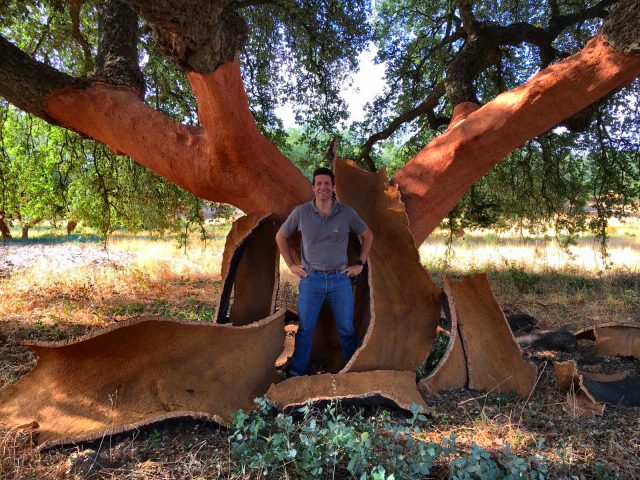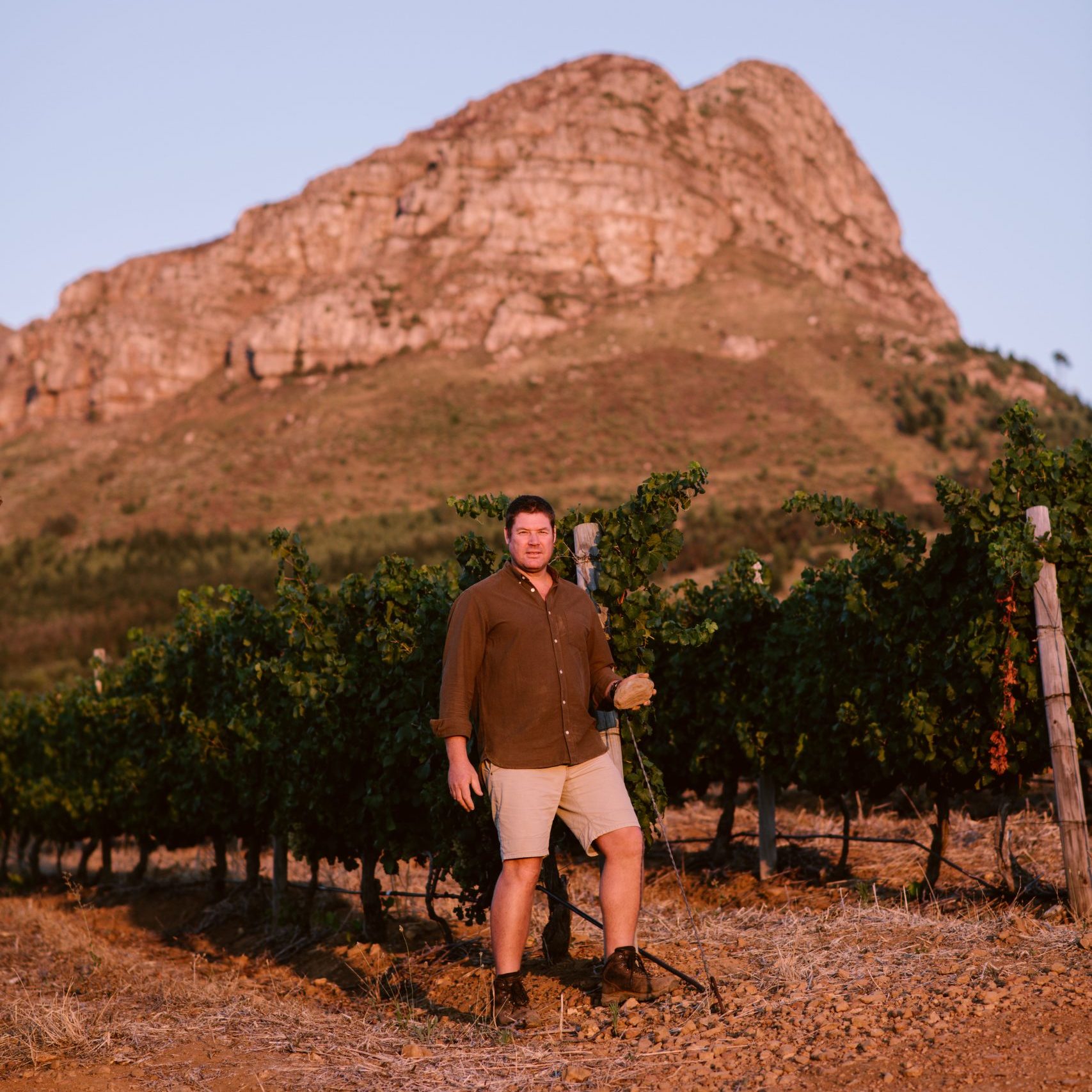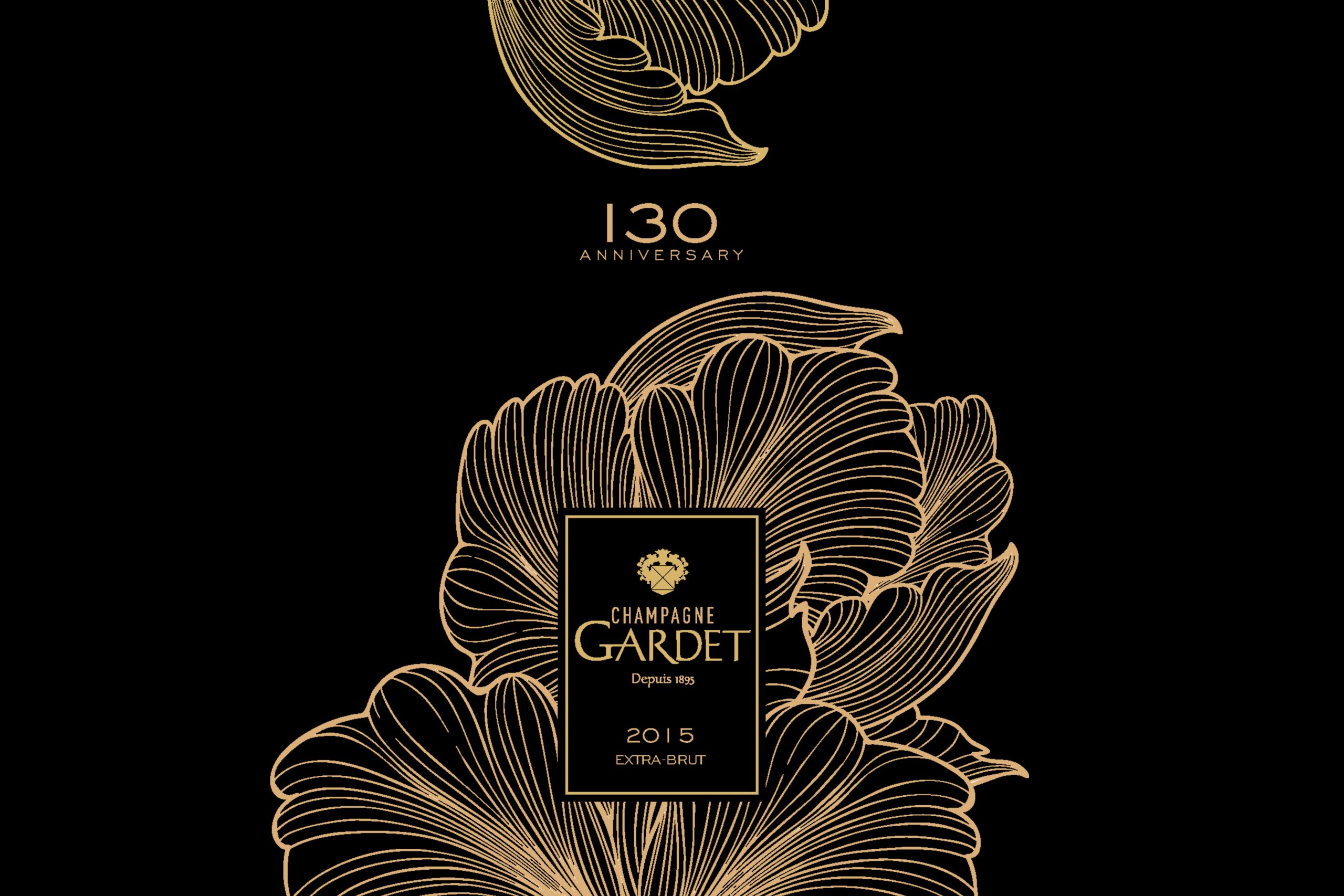Cork Supply announces California harvest events
By db staff writerLeading closures manufacturer Cork Supply has teamed up with universities in California to educate students about the intricacies of cork harvesting.

The events at Cal Poly in San Luis Obispo (28 May) and the University of California, Davis (30 May), will shed light on the process that goes into sourcing the cork bark that eventually becomes the bung for a bottle of wine.
It is a rare opportunity to be able to participate in such a harvest – in order to ensure the health of the tree, the bark can only be harvested once every nine years or so, allowing for the bark to fully regenerate so that the tree can continue to provide closures for decades to come. Cork trees can live for up to around 200 years.
According to campus representatives from UC Davis, the last harvest of its trees took place more than 30 years ago.
Data from Cork Supply claims that the world’s cork forests absorb Carbon Dioxide emissions equivalent to those released from 35,805,945,507 miles driven in a petrol car, the combustion of 15,429,072,890 pounds of coal, or 1,825,735 homes’ energy usage for one year – this is equal to around 14 million tonnes of CO₂.
Partner Content
Harvesting the cork can actually help to increase the tree’s ability to absorb CO₂ once the bark has regrown.
The cork harvest events at the universities will explain this environmental aspect, as well as emphasising the sustainability of the wine industry’s use of cork closures.
Related reading:
Cork Supply: new Legacy cork is ‘gamechanger’
Is California eyeing up domestic cork production?
Related news
Crealis announces arrival of new CEO




